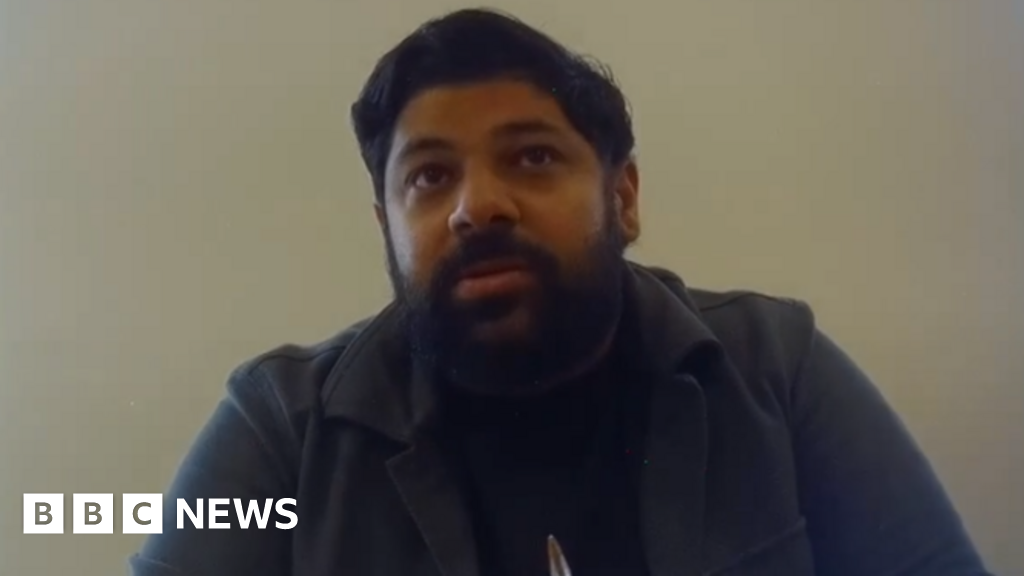Auto Amazon Links: No products found. Blocked by captcha.
Last week, when I posted a candid message on LinkedIn about struggling with brain fog while working, I did not expect such a major response. The post was viewed by hundreds of thousands, and women approached me openly on the street to discuss their own experiences. I received an outpouring of support and shared stories from countless individuals. Although my usual focus is technology reporting, the overwhelming reaction felt like a signal that this topic deserved attention.
Brain fog is not an official medical diagnosis, but many recognize the sensation: forgetting everyday words, losing your train of thought during conversations, and feeling frustrated by the mental lapses. For me, a woman in my 40s, this brain fog has coincided with perimenopause, the transitional phase where hormone fluctuations are common. Despite being challenged by this, I understand that brain fog can also relate to other neurological conditions. For those whose professions involve public speaking, the experience can be particularly anxiety-inducing.
Janet Edgecombe, an internal communications expert, described the challenge vividly: “I’ve spent 30 years being professionally articulate. All of a sudden I’m forgetting the words for basic things. ‘That grey thing in the thingy that we cook chicken on’. My husband replies ‘oh, the baking tray in the oven’. Hmm. ‘Yeah, that thing’.” I heard from a wide range of women—from teachers to startup founders and journalists like myself—who face similar difficulties. In my case, during a live BBC News at Ten broadcast, I had to resort to holding notes on air for the first time. With no autocue available while reporting from Glasgow, I feared forgetting key technical terms related to a major outage affecting websites and apps. Though taking notes live on TV felt like admitting defeat, it became a practical way to manage the fog.
Using notes while speaking in public is often frowned upon, and many public speaking events, such as TED talks, discourage it entirely in favor of memorization. Yet, research highlights a serious workplace impact: The Fawcett Society reports that around 10% of women leave their jobs due to menopause symptoms, while a study by Royal London found that half of women experiencing menopause have considered quitting work. I was determined not to give up, so holding that page of notes became a small act of self-care. The response was encouraging—some viewers thought the notes looked professional, and others suggested digital devices, though I worried about fumbling with technology under pressure. The idea sparked a movement under the hashtag #holdthenotes, championed by figures like Elisheva Marcus, vice president of communications at a venture capital firm.
Menopause expert Dr Louise Newson pointed out that testosterone deficiency, often overlooked in women, can contribute to brain fog. Despite testosterone’s reputation as a male hormone, it plays an important role in brain function for all genders. She explained, “It’s like you’ve been drugged. It’s really scary, a lot of people worry they’ve got dementia.” After having her own levels checked, Dr Newson shared relief at understanding the cause of her symptoms. Although Hormone Replacement Therapy (HRT) typically combines oestrogen and progesterone, testosterone is prescribed separately at lower doses for women. Though studies about testosterone’s benefits have historically focused on libido improvements, research dating back decades suggests it may also enhance cognitive wellbeing.
Many women turn to menopause supplements in search of relief from brain fog and other symptoms, contributing to a booming, multi-billion-dollar industry. On average, women spend around £147 annually on such products, according to a recent survey. Dr Newson remarked, “They might help a bit. I do yoga every day, and that helps my brain become clear and focused, but I have a hormone deficiency, I can’t eat my way out of it, or exercise my way out of it. A lot of women spend a fortune trying to improve symptoms of a hormone deficiency with something else.” Meanwhile, emerging technologies like red light therapy are being explored. Dr Joshua Chen and his team at Harvard Medical School are studying how red light frequencies can stimulate mitochondria in the brain to improve focus and
Read the full article from The BBC here: Read More
Auto Amazon Links: No products found. Blocked by captcha.











